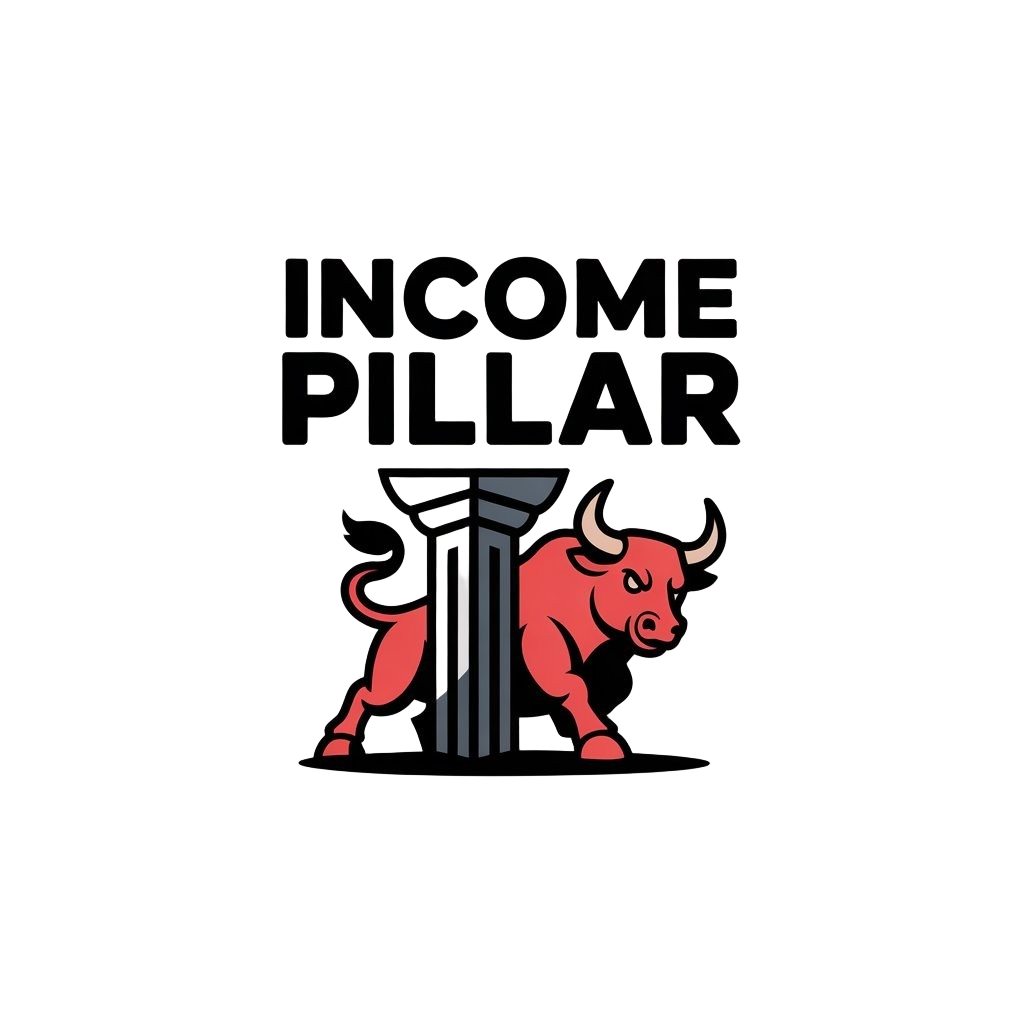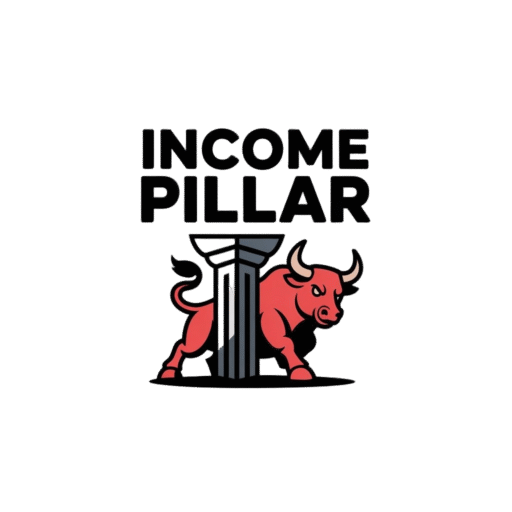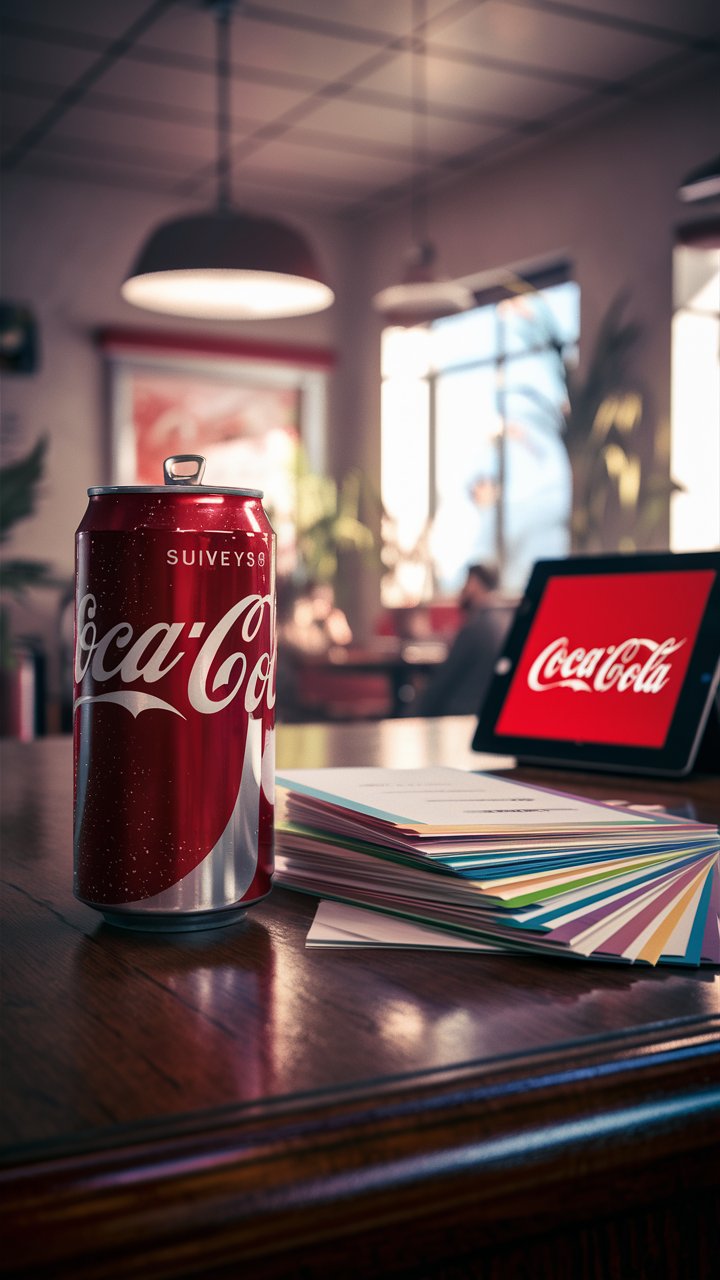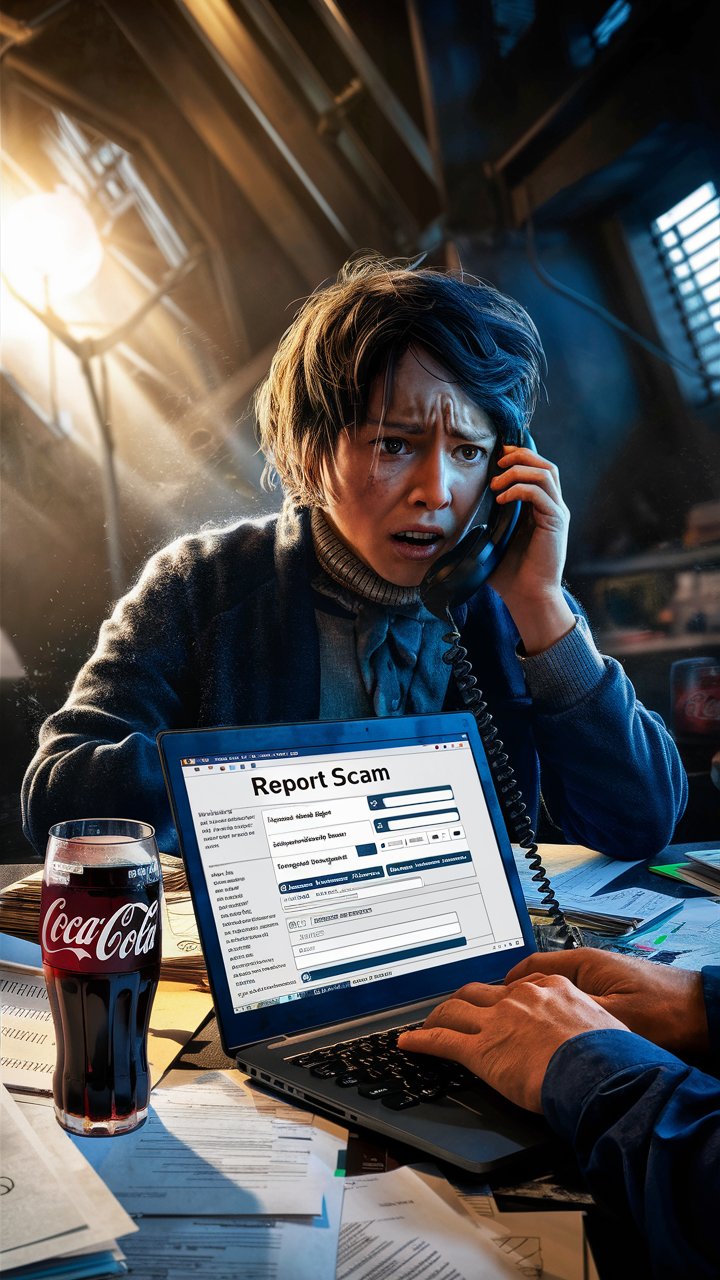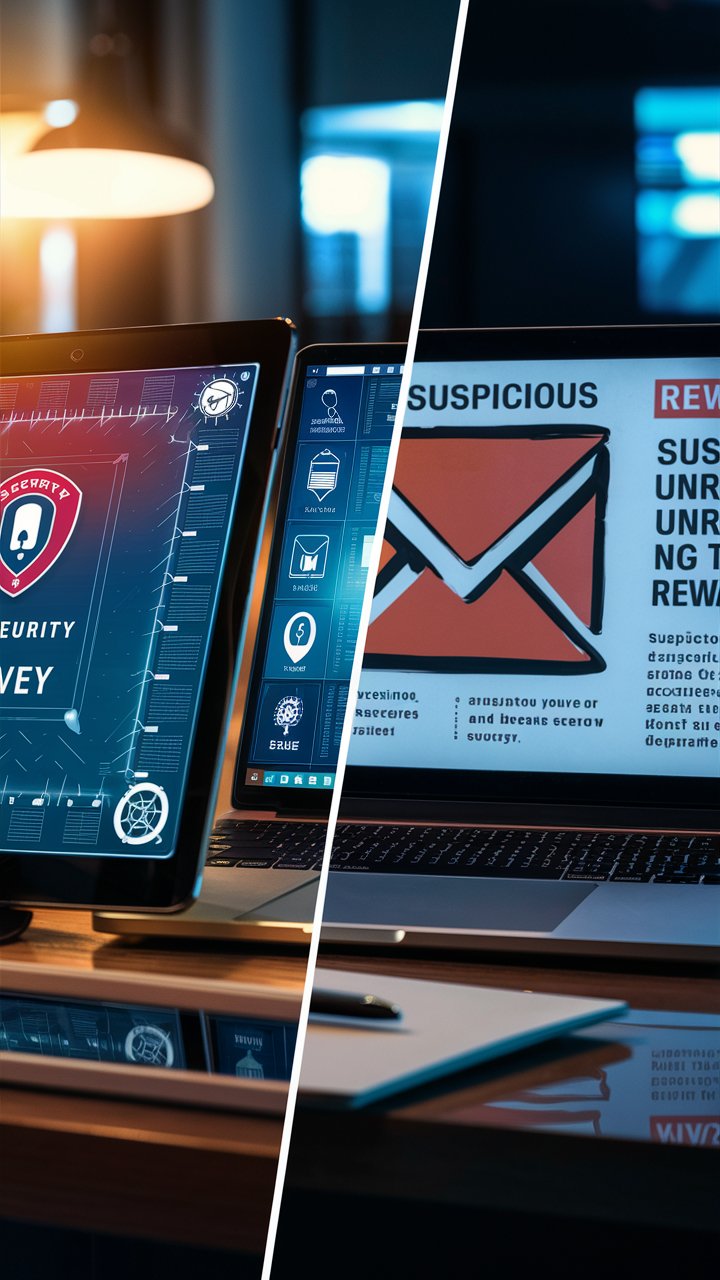Introduction
When engaging with an online survey related to Coca-Cola, it’s vital to recognize the authenticity of the survey. If you’re prompted to click a link via email or message, ensure it’s from a genuine Coca-Cola survey page. Authentic surveys should guide you smoothly without aggressive data collection demands or suspicious attachments from unknown sources. Always verify the sender’s credentials and the webpage’s security to safeguard your sensitive information.
Be vigilant for surveys that seem too good to be true, often promising rewards or prizes that involve collecting personal data. Analyzing the survey’s text and the context of the offer can help distinguish between a legitimate engagement and potential identity theft schemes. Using tools like Trend Micro Check can enhance protection by detecting harmful links and preventing access to fake sites designed to impersonate reputable brands.
Key Takeaways
- Always verify the authenticity of a Coca-Cola customer satisfaction survey before engaging, particularly when asked to click on links.
- Genuine Coca-Cola surveys come from official channels and do not demand sensitive personal information upfront.
- Be wary of survey scams that use urgency or offer extravagant rewards to lure you into revealing personal data.
- Utilize security software like Trend Micro Check to safeguard against phishing scams and malware in online surveys.
- Educate yourself on phishing techniques to effectively identify and avoid falling victim to sophisticated scams.
- Report suspected survey scams to Coca-Cola’s customer service and relevant authorities to help prevent further fraudulent activities.
[lasso rel=”amazon-26″ id=”10207″]
Evaluating the Legitimacy of Coca Cola Customer Satisfaction Surveys
When you receive a Coca-Cola customer satisfaction survey, it’s crucial to comment on its authenticity before clicking any links. Authentic surveys often come directly from the brand’s official email or mobile app and will not ask for sensitive personal information upfront. Look for signs of legitimacy such as an official domain in the email address or a direct link from the official Coca-Cola website. Be wary of surveys that offer extravagant rewards or prizes as they could be a trick to collect your personal data. Please ensure you verify the webpage’s security before you proceed.
Signs of a Genuine Coca-Cola Survey
Genuine Coca-Cola surveys are designed to enhance the consumer experience and will often direct you through official channels like the brand’s main website or verified social media pages. These surveys focus on gathering feedback about Coca-Cola products and typically do not promise rewards that seem too good to be true. Look for consistency in branding, correct spelling, and professional language as indicators of authenticity.
Red Flags in Survey Invitations
Be cautious of survey invitations that come from random email addresses or contain multiple typographical errors; these are potential red flags indicating a scam. Authentic Coca-Cola surveys, for example, will not automatically create a sense of urgency or demand sensitive personal information such as bank details or passwords. Before you respond, ensure the web page is secure and that it doesn’t redirect you to unexpected sites. Always verify the status and legitimacy of any poll or sample survey, particularly if you’ve already clicked on a suspicious link.
Online Safety: Identifying Malware and Phishing Scams in Online Surveys
Online surveys can be a hotbed for phishing scams and malware distribution. Protect yourself by using security software like Trend Micro Check to analyze links before you click. Always verify the source and be cautious of surveys that require downloading files or attachments, as these could contain harmful software designed to steal personal information or damage your device. Educate yourself about the common signs of phishing, such as urgent language or misspelled URLs, to avoid falling victim to these online threats.
How to Spot Phishing Scams in Online Surveys
Check the Source’s Authenticity: Verify that the survey is sent from an official Coca-Cola email or a verified app. Legitimate surveys should have a clear, professional appearance without urgent or threatening language.
Be Wary of Download Requests: Legitimate surveys rarely, if ever, require you to download files. Downloads can be a tactic to install malware on your device.
Look for Secure Connections: Ensure the survey link leads to a secure site, indicated by “https://” in the URL. Avoid any survey that redirects you to potentially dangerous or unfamiliar websites.
Educate Yourself on Phishing Indicators: Learn the signs of phishing, such as misspelled URLs, poor grammar in the survey text, or unexpected requests for personal information.
Use Security Software: Implement robust security software to block and alert you of potential phishing attempts or malicious sites.
Utilizing Security Tools to Detect Malware
Employ robust security tools to scan and block potential threats from online surveys. Tools like antivirus software and browser extensions can detect malicious links and prevent malware downloads, safeguarding your device from unauthorized access and data theft.
Educating Yourself on Phishing Techniques
Understanding phishing techniques is crucial in protecting yourself online. Phishing scams often mimic legitimate requests but include subtle errors or unusual requests. Familiarize yourself with these tactics and learn to question any survey that seems suspicious or asks for more information than a typical customer feedback form would require.
What to Do If You Encounter a Suspected Coca-Cola Survey Scam
If you suspect that a Coca-Cola survey might be fraudulent, do not engage or share any personal information. Instead, block the sender and report the incident to Coca-Cola’s official customer service. You can also use online community resources to verify the survey’s legitimacy or alert others about potential scams. By reporting these incidents, you help prevent the spread of fraudulent activities and protect other consumers from falling prey to similar scams.
Steps to Report a Fraudulent Survey
If you encounter a fraudulent survey, reporting it is crucial. Contact Coca-Cola directly through their official website or customer service number. Additionally, consider reporting the scam to online fraud databases or local authorities to help track and prevent future scams.
Protecting Personal Information Online
Always prioritize your privacy by being selective about the information you share online. Avoid entering personal details on unsecured or suspicious websites and be cautious of any request to update or confirm sensitive data through an online survey, as this could be a ploy by scammers.
“If you can’t verify the source, the best course of action is to ignore the solicitation. Scams thrive on quick decisions – slow down and verify everything.” – Frank Abagnale
How to Differentiate Between Legitimate Offers and Fraudulent Survey Scams
Distinguishing between a legitimate Coca-Cola customer satisfaction survey and a scam involves knowing what to look for. Legitimate surveys will never ask for your credit card details or sensitive personal information such as your password or social security number. They are typically conducted to gather consumer feedback and improve services, not to offer immediate rewards or prizes. Be skeptical of any survey that pushes you to make a quick decision or provides links that lead to unfamiliar websites.
Analyzing the Offer’s Terms and Conditions
Legitimate surveys will have clear terms and conditions, including information about data usage and participant rights. Scrutinize these documents to ensure they match what you would expect from a reputable organization. Transparency about the survey process and data handling is a good sign of a legitimate offer.
Consulting Verified Sources for Survey Authenticity
Before participating in any survey, check its authenticity by consulting verified sources. This could include contacting Coca-Cola directly or checking the survey against known lists of scams. Engaging with online communities to share experiences can also help in validating the legitimacy of the survey.
Conclusion
In conclusion, always exercise caution and use critical analysis when engaging with online surveys related to Coca-Cola or any other brand. Before you click any button or link, verify the webpage’s security settings to ensure it is a legitimate source. Authentication measures and security software can prevent most phishing scams and protect your sensitive information from being compromised.
Be particularly alert to surveys promising substantial rewards that ask you to advance personal details or collect data. Genuine Coca-Cola surveys aim to enhance consumer experience without jeopardizing your privacy. If ever in doubt, choose the safer option of verifying the survey’s authenticity through Coca-Cola’s customer service or trusted analytics resources. Staying informed and cautious helps maintain your security online and prevents the risk of identity theft.
